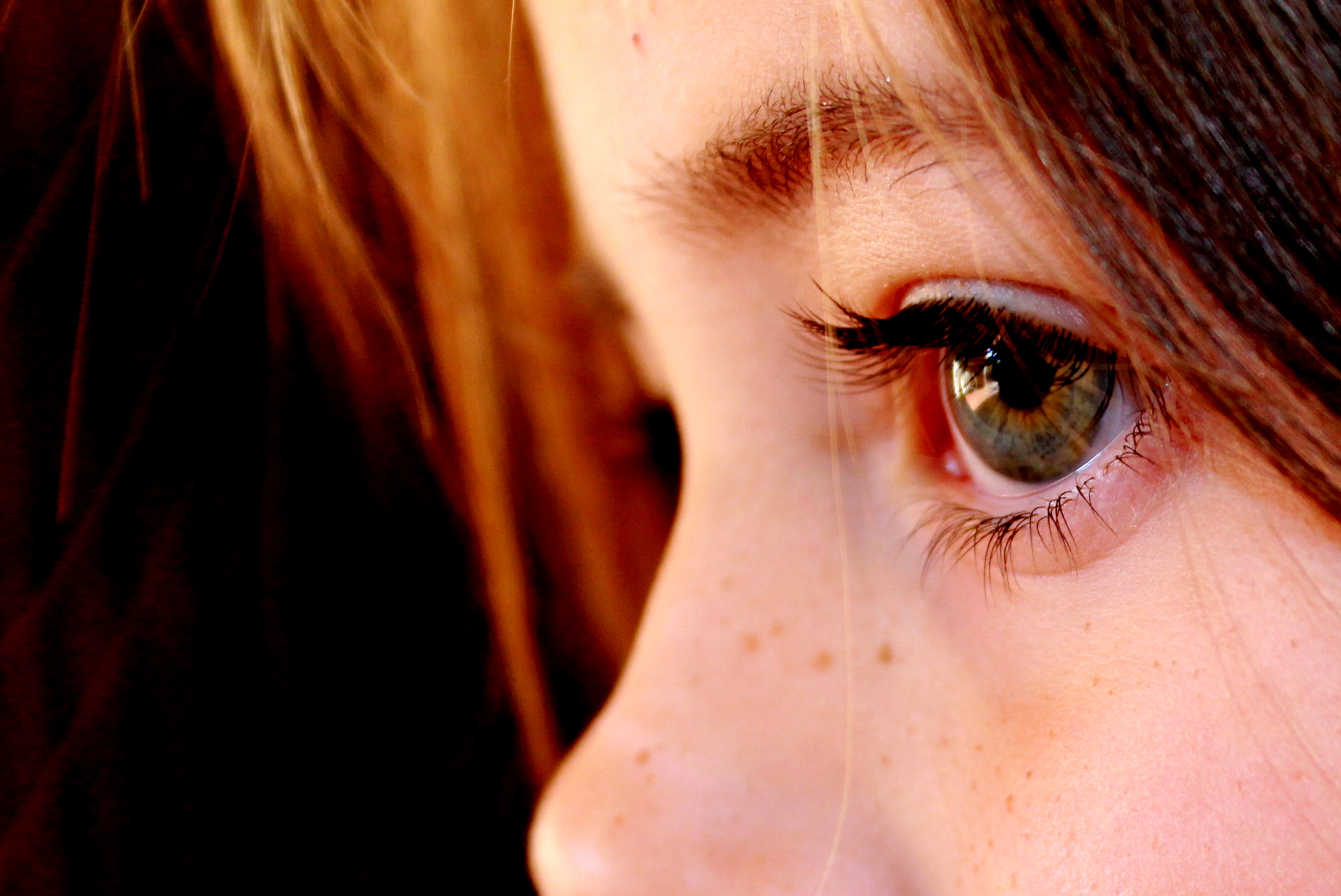TERUMAH (EXODUS 21:1−24:18)
Check it out. It’s not the miracles. It’s not what God does for us that transforms us. It is what we do together with God. Sometimes, it’s even what we think we have done for ourselves, and then realize we didn’t actually do it alone.
MISHPATIM EXODUS 21:1−24:18
I read this parsha every year for close to fifteen years before I ever saw the angel in it, but there he is. God has promised since Abraham that God would be with us. Why now an angel? Who is this angel? What is an angel?
Read More
BO EXODUS 10:1 - 13:16
The “no” of the Jewish people was “No, we don’t want to be slaves.”
The “no” of Pharaoh was “No, I will not listen to you, I will not hear you.”
From the story in this week’s Torah portion, we can learn that like Moses and Aaron and the Jewish people in Egypt, we can keep saying “No” in all the ways we need to until we are heard. And we can remember not to be like Pharaoh. We can hear someone else’s “No”.
Read MoreSHMOT EXODUS 1:1 - 6:1
Holy. Buckets. This. Parsha.
It’s like reading the news.
It would be easy, I think, to plunge into Shmot with Pharaoh and forget about Joseph and his family.
Read MoreMIKEITZ GENESIS 41:1 - 44:17
It wasn’t only a war of independence. The Maccabean revolt against the Greeks rose from an atmosphere of spiritual and cultural conflict. That they needed to oppose Antiochus who established Zeus in the Temple was clear, but to what degree could Jews adopt Greek culture and still be Jewish?
Did we really reject it all?
Read More
VAYESHEV GENESIS 37:1 - 40:23
I believe our bodies are the most external expression of our souls. When we move our bodies in the world, I believe we are moving the most external expression of our souls in the world. When we touch someone else's body, I believe we are touching the most external expression of their soul with the most external expression of our own soul.
VAYISHLACH GENESIS 32:4 - 36:43
Dinah is the last child of Leah. Dinah is Leah’s daughter – a girl. And Leah named her.
Midrash Tanhuma Vayaheil teaches, “There are three names by which a person is called: one which their parents call them, one which people call them, and one which they earn for themselves. The last is the best one of all.”
BY AMY JOSEFA ARIEL
VAYERA GENESIS 18:1–22:24
Why did Idit look back? Did she miss her neighbors, or did she want to watch them burn? Was she aching for her two daughters who refused to leave, or was she upset about her material losses? Our Torah does not answer these questions. All we know is that she looked back.
NOAH (GENESIS 6:9 – 11:32 )
It is this parsha in which I find my heart, and it is also this parsha that breaks it.
BRESHEET 1:1 - 6:8
Hebrew is a gendered language, it’s true, and our tradition has known from the beginning that human experience is as rich and varied as each hour of a day.
SUKKOT 5778
We woke to the threat of rain, but it was the morning after Yom Kippur. . . . Rain or shine, it was time. Sukkah time.
HA'AZINU
Have you seen The Good Place? I don't mean the actual "Good Place", of course. I mean the NBC show. Basically, The Good Place packs in everything we do in this High Holiday season.
NITZAVIM-VAYEILECH
How do we, with our bodies and our souls, best take in and express - best experience our relationship with God? How do we best honor the relationships with God others experience? Perhaps we could broaden the way we think about the concept of standing, of being upright in soul and in body.
VAYIGASH
I received my first blood transfusion, of A- blood, on December 16, 2010 the night before I was diagnosed with Acute Myelogenous Leukemia - 2,214 days ago as of this Shabbat.
Read More














